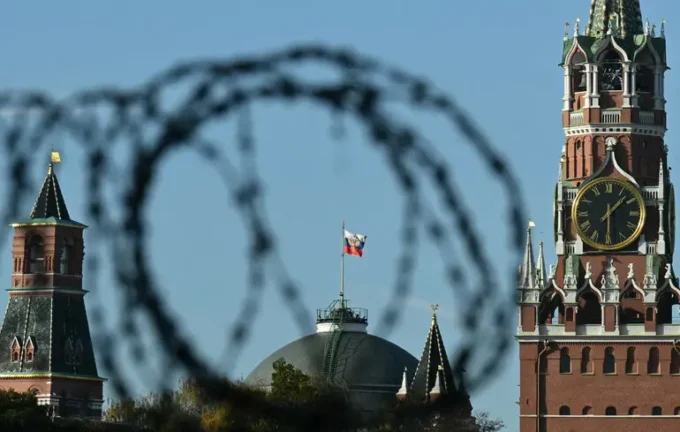Changes in Russian Repression: New Scales of Tyranny and the Symbolic End of an Era of Fear

In modern Russia, the landscape of repression has undergone a radical transformation: it has ceased to be selective and has become an instrument of the regime's total mobilization for intimidation, control, and preservation of power. Recent events, notably the death of former Kursk oblast governor Roman Starovoyt, found dead in his car with a gunshot wound, serve as glaring indicators of the new realities within the repressive system. This marks the first accidental suicide of a senior official during Putin's era, raising numerous questions and concerns among the elite. Previously, unexplained deaths in Russia’s business and political circles were rare, mostly affecting corporate managers. The significance of this event lies in its demonstration of how an authoritarian regime, tightening its grip, aims to suppress dissent, intimidate opponents, and eliminate potential critics. Repression is no longer limited to business figures or regional officials—high-ranking military officers, ministers, and former government officials are also now targeted. As repression intensifies, trust within the elite erodes. High-profile criminal cases and investigations against large players, such as major business owners and former officials, serve as a demonstrative signal that the regime has become less tolerant and more controlling of its opponents. Notably, the Russian prosecutor's office has been more actively seizing assets of businessmen previously considered untouchable, indicating a shift in the unpredictable and harsh political landscape. The political narrative also reveals internal instability, where even influential figures are forced to seek refuge or find themselves in the crosshairs of justice. Scandals involving former military officials, oligarchs, and state leaders suggest that Putin’s regime is experiencing significant transformation and crisis. Meanwhile, there are reports of propaganda and artificial intelligence being used to promote Kremlin narratives and disinformation, further complicating the situation for opposition forces and independent media. All these processes indicate that modern Russia is in a transitional phase, where elements of the old regime are being dismantled or transformed, yet their effects will be felt for a long time.

